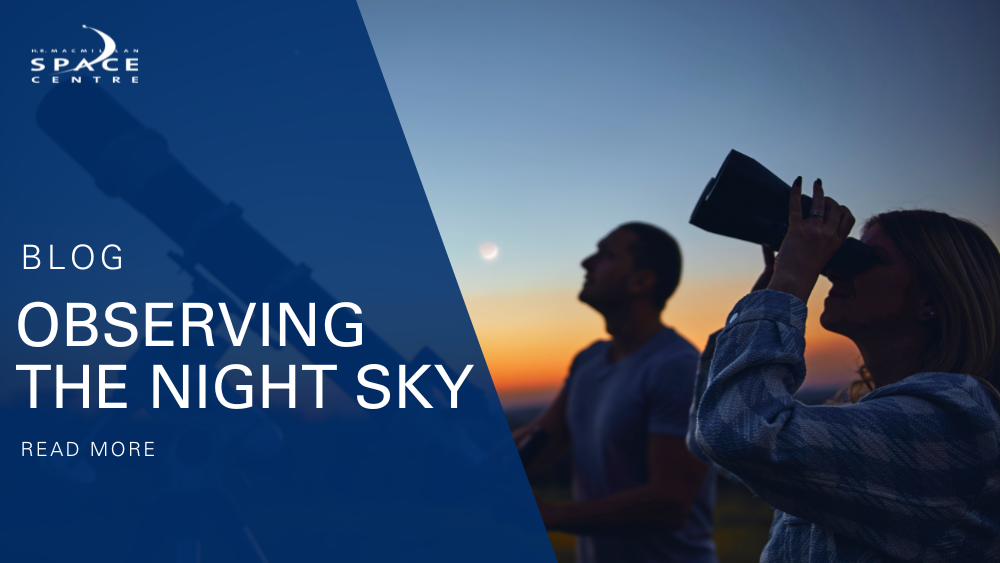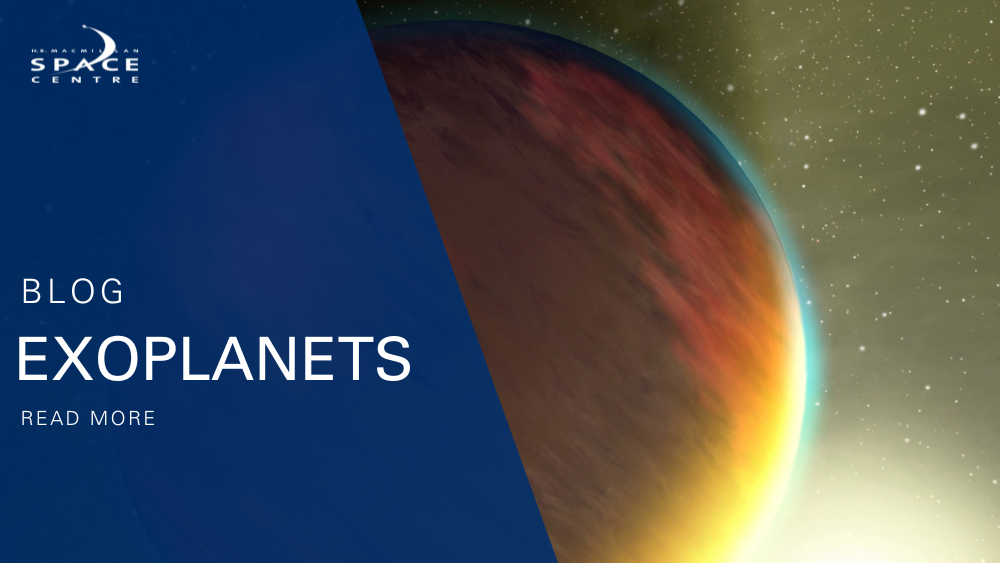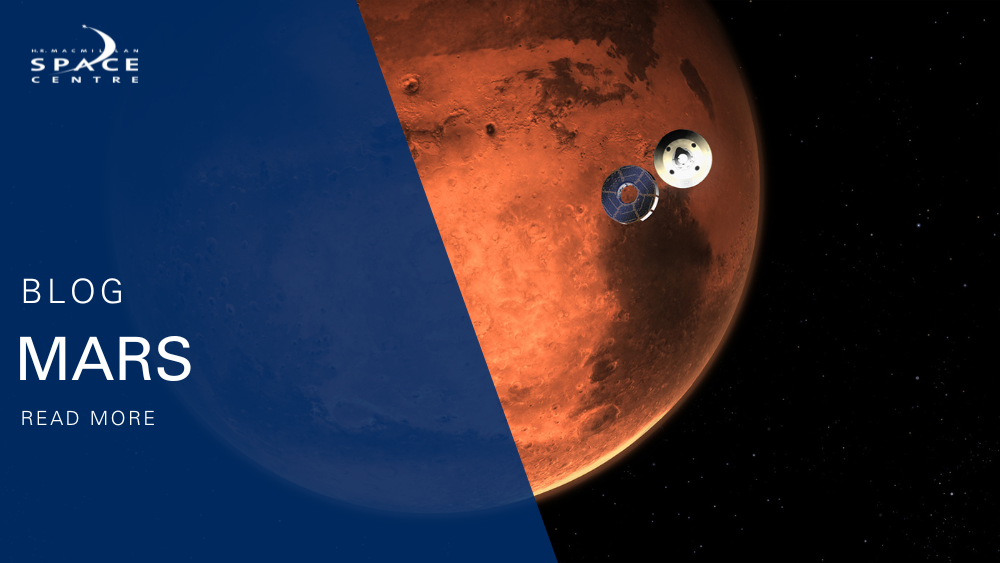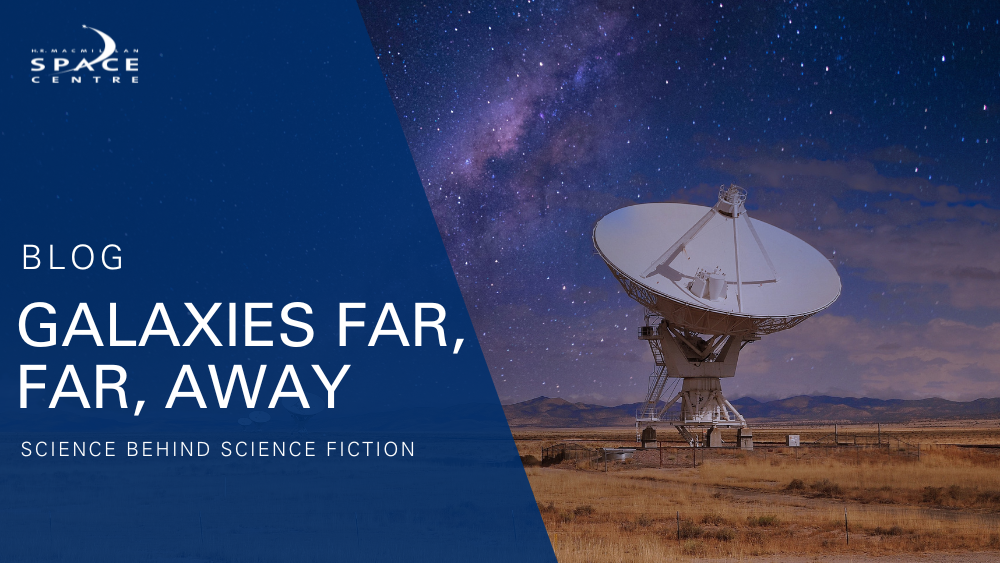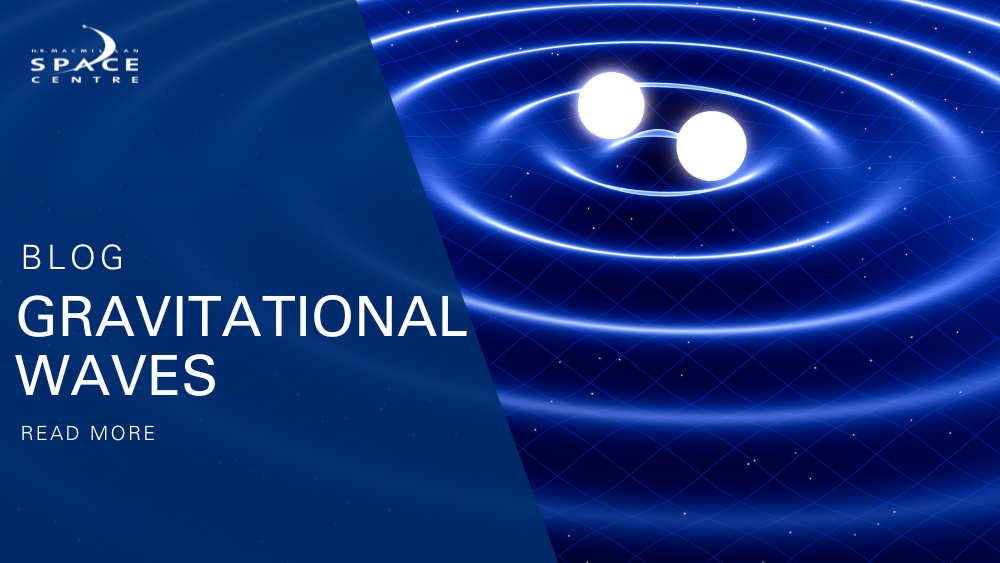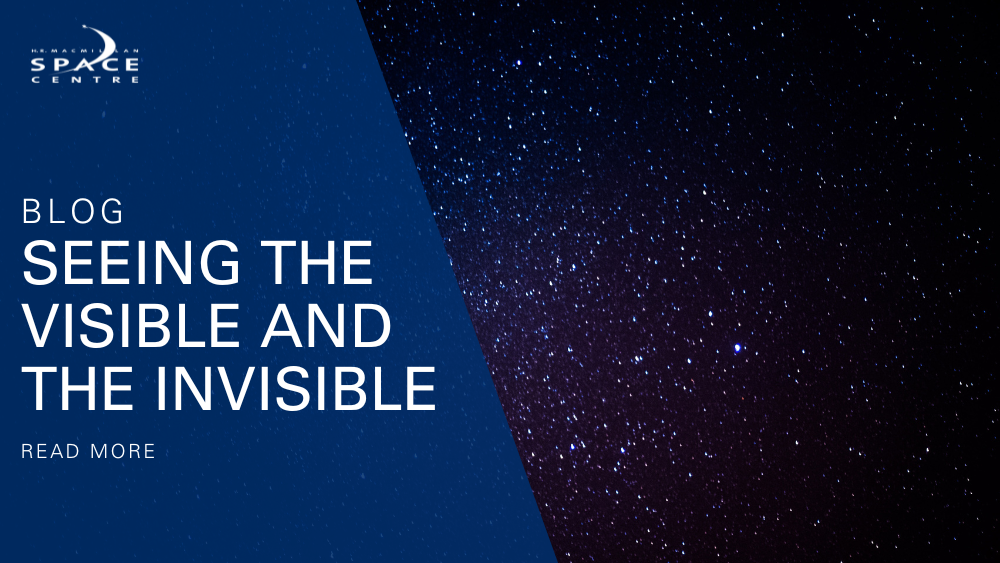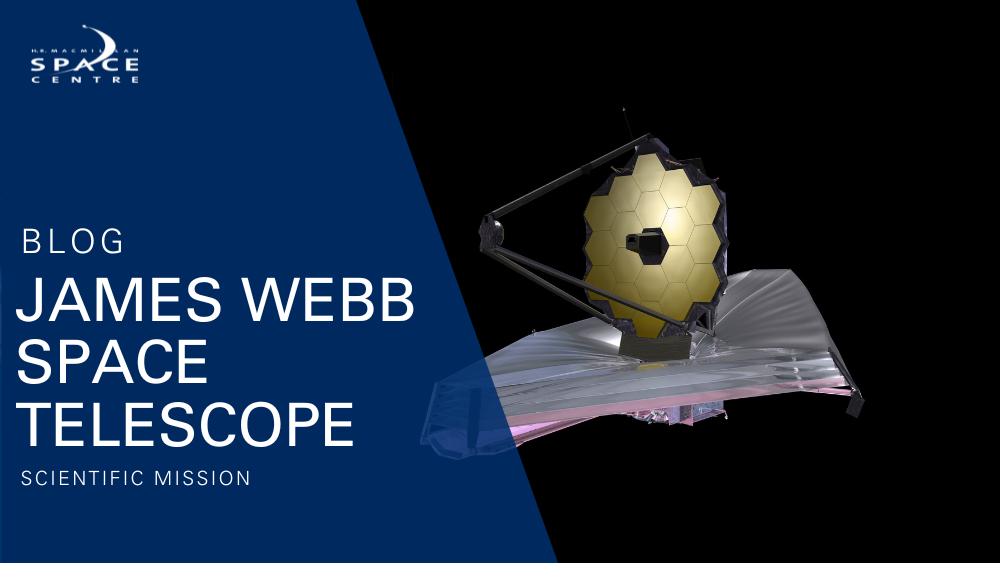Tag: astronomy
-
Eclipses and Exoplanets

Discover how exoplanets are related to an event that captured the attention of people on Earth around the globe.
-
Observing the Night Sky

The nights have been getting longer, which means more time to observe the night sky. For this blog, I want to go through some helpful information on observing the night sky, which answered questions that I had when I first started observing, and will answer what others have asked me.
-
Exoplanets

Our theme for the month of August is Exoplanets, planets outside of our Solar System. In March, the number of confirmed exoplanets climbed past 5000, and there are nearly 9000 waiting to be confirmed as exoplanets. To commemorate this milestone, I thought we could take a look at the history, and the future, of exoplanet…
-
Mars

Our theme this month is Mars, and as we head into the Martian winter, I wanted to check in on missions new and old – and take a look at the future.
-
Galaxies Far, Far, Away: Science Behind Science Fiction

Our theme for the month of May is the science behind science fiction. I wanted to take this opportunity to talk about my favourite science fiction movie of call time: Contact. Some spoilers will follow!
-
Gravitational Waves

Up until the first confirmed gravitational wave (GW) direct detection by LIGO/Virgo in 2015, researchers have relied almost exclusively on electromagnetic (EM) radiation (i.e. light) to study our universe. These ‘messengers’ carry different but complementary information, pioneering the growing field of multi-messenger astronomy.
-
Exoplanets

Imagine for a moment that you are an alien adventurer who has ventured far from home to explore our solar system (though you, an extraterrestrial, would call it an exosystem). You were sent by your species on a mission to investigate the worlds of this system – to find out if these environments are suitable…
-
Seeing The Visible and The Invisible

How are we able to get photos of worlds beyond our own? Stunning pictures of Jupiter, the Sun, and even a photograph of a black hole? There are different methods depending on what you want to see, but it always comes back to understanding two things: photons and electrons.
-
James Webb Space Telescope: Scientific Mission

This month, and barring any last-minute complications, the James Webb Space Telescope (JWST) will launch on December 22nd. In this blog post I want to talk a little bit about what science we can expect from JWST.
-
Astrobiology

Astrobiology is a nascent, interdisciplinary field concerned with the origins, evolution and distribution of life in the universe.
